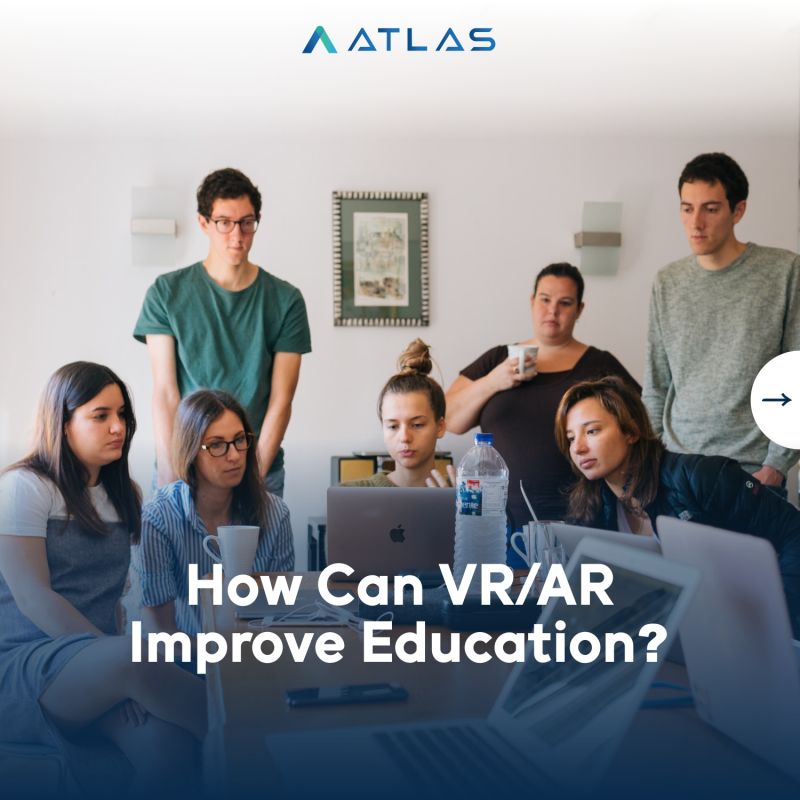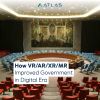In Fantastic Voyage, the sub and its personnel shrunk to the level of a cell to extract a blood clot from a scientist's brain. The science fiction film explores humanity's urge to explore regions beyond our physical capabilities. Students in primary schools are doing that owing to VR and AR.
Many instructors love virtual reality in teaching, while others are hesitant to adopt it. High expenses and administrative resistance are reasons. Others consider AR/VR as fun, not as instructional tools. Bulky equipment, problems, and content quality and availability are other issues, according to a recent EdTech research. Despite these limitations, AR and VR demand in education will expand. Thus, teachers should learn about virtual reality's advantages in the classroom.
The Benefit of VR/AR for Education
Let's explain virtual reality and how it varies from augmented reality before we look at some of the advantages of virtual reality technology in education.
AR uses a smart device to show a layer of instructional text and lesson-appropriate information on top of a user's real environment, making learning more dynamic and relevant for pupils.
VR provides a whole digital world, a real-feeling 360-degree immersive user experience. Students may engage with what they observe in a virtual reality environment as if they're really there.
Other advantages of virtual reality in teaching include the capacity to encourage students' creativity and ignite their imaginations, in addition to delivering immersive learning experiences.
This may encourage them to pursue new intellectual pursuits. In education, AR and VR aid pupils who are having difficulty grasping challenging academic subjects. Geometry students, for example, may use AR to examine 3D geometric structures from many viewpoints; they can turn a form to see it from various angles and even see the inside.
Cultural competency, or the capacity to comprehend another person's culture and values is one of the many advantages of VR in education. A virtual learning environment trip to another country, such as Peru or China, for example, introduces pupils to cultures different than their own.
Book a G-Meet demo here: https://atlasvirtual.id/#contact
To learn more about the ATLAS REALITY virtual tour solution, please contact CS at vanesa@atlasreality.co.id





